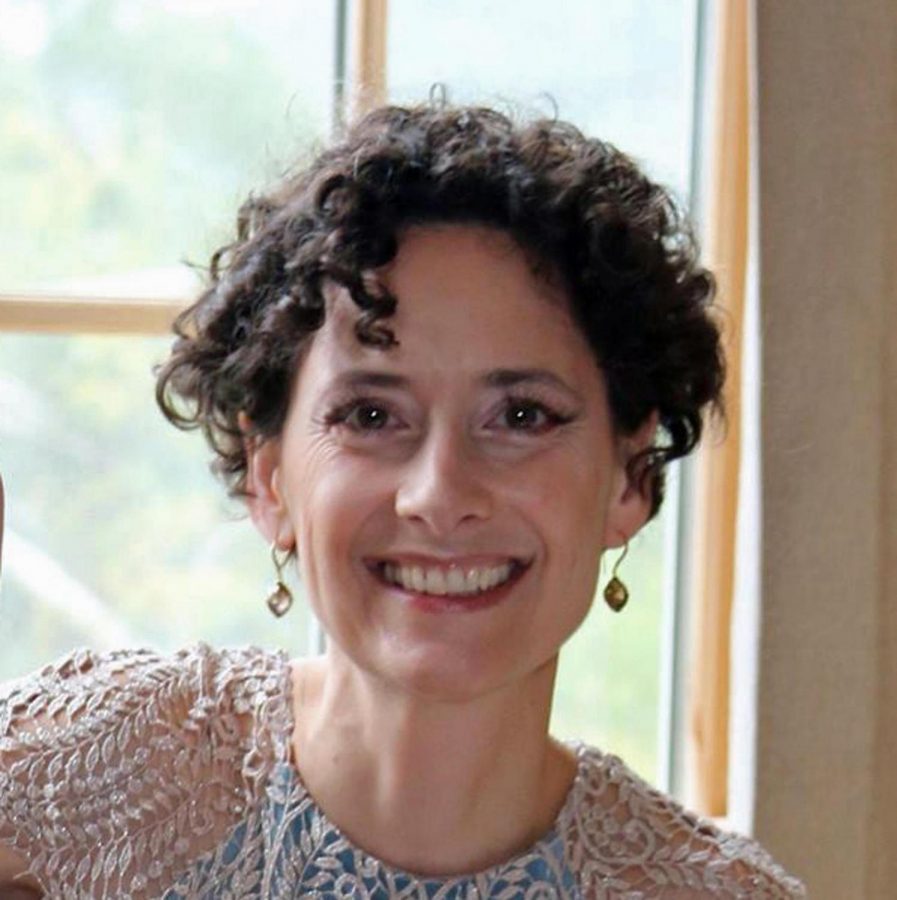VSCS trustees ponder priorities
Vermont State College System Chancellor Sophie Zdatny.
The Vermont State Colleges System’s Board of Trustees created a preliminary list of strategic priorities at its Sept. 19 meeting. These priorities, once refined and implemented, “will serve to articulate the VSCS’s role in providing public postsecondary education in Vermont,” and “…should be worthy of the Board’s undivided attention,” VSCS Chancellor Sophie Zdatny wrote in a planning memo.
The board split into three groups to come up with priorities, and then report back to the full board when they were finished.
The first group worked on ideas around affordability and cost effectiveness. The group’s three priorities were to reduce the cost of attendance at VSCS schools, increase access to VSCS institutions for students from low and middle income backgrounds and have students leave with reasonable debt loads relative to family income and future earning potential.
Board Vice Chair Megan Cluver reported out for the group dealing with accessibility. The priorities this group arrived at, Cluver said, are having an “integrated meaningful presence across the state, specifically retaining opportunities in areas that are not served by other higher education entities”; working to ensure the VSCS is providing “adequate educated talent for the Vermont economy”; and ensuring that the VSCS provides students entering its programs with “the learning and support to enable them to be successful in attaining their educational goals.”
Trustee Adam Grinold presented for the group looking at quality and relevance of academic programs. The priorities here, Grinold said, are to have “degree paths that are relevant to [student] goals and expectations of value and career.” To ensure that the skills students receive are aligned with the projection of future state needs, recognizing that it takes a long time to get a degree and that students need confidence that their degrees will have value in the future. And that graduates should exceed “externally recognized measures of achievement and are prepared to compete globally”– go to school in Vermont, live in Vermont, and perhaps work for a company outside of Vermont, Grinold said. Grinold said his group talked about ensuring “consistent quality across the institutions and within the system so that … the brand of the system becomes a quality product that’s reliable, durable, and the state has a durable and high quality resource.”
In response to a question, Zdatny said that the priorities the board is looking for should be focused on the immediate future. “Right now,” Zdatny said, “given the immediate situation the [system] is in, we would be looking primarily at strategies and priorities for this [fiscal year] 21, but recognizing looking ahead, too.”
From here, the members of each breakout group will continue to refine their ideas, discuss further, and bring them back to the full board at its October meeting.
Zdatny noted that there are assumptions underlying this priority discussion. “I do want to point out,” Zdatny said, “underlying all of this, obviously, is that we be financially sustainable moving forward.”
Zdatny gave the board a short legislative report. She said that a bill to provide $23.8 million in bridge funding to the system is still in the Senate, but that, at the moment, she is not expecting any issues getting it through.
Even though the money in the current bill is coming from the General Fund, Zdatny said she views it as basically being made possible by the Federal Coronavirus Relief Fund. So, Zdatny said, no one should assume that this level of funding will continue in the future.
Receiving 23.8 million in General Fund money, Rep. William Lippert stressed, “is a huge accomplishment.”
“General Fund dollars,” Lippert said, “are precious in the Legislature.”



